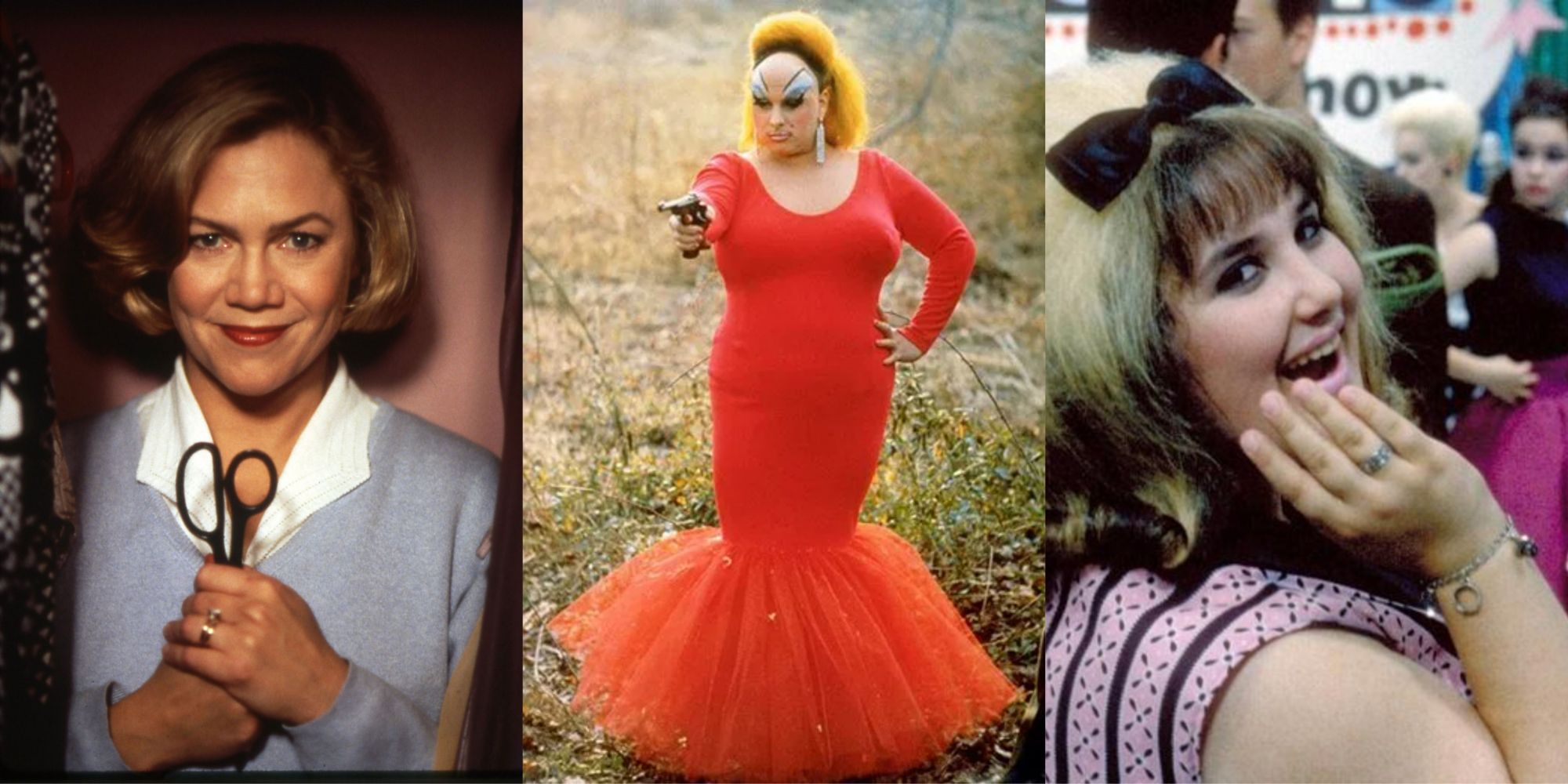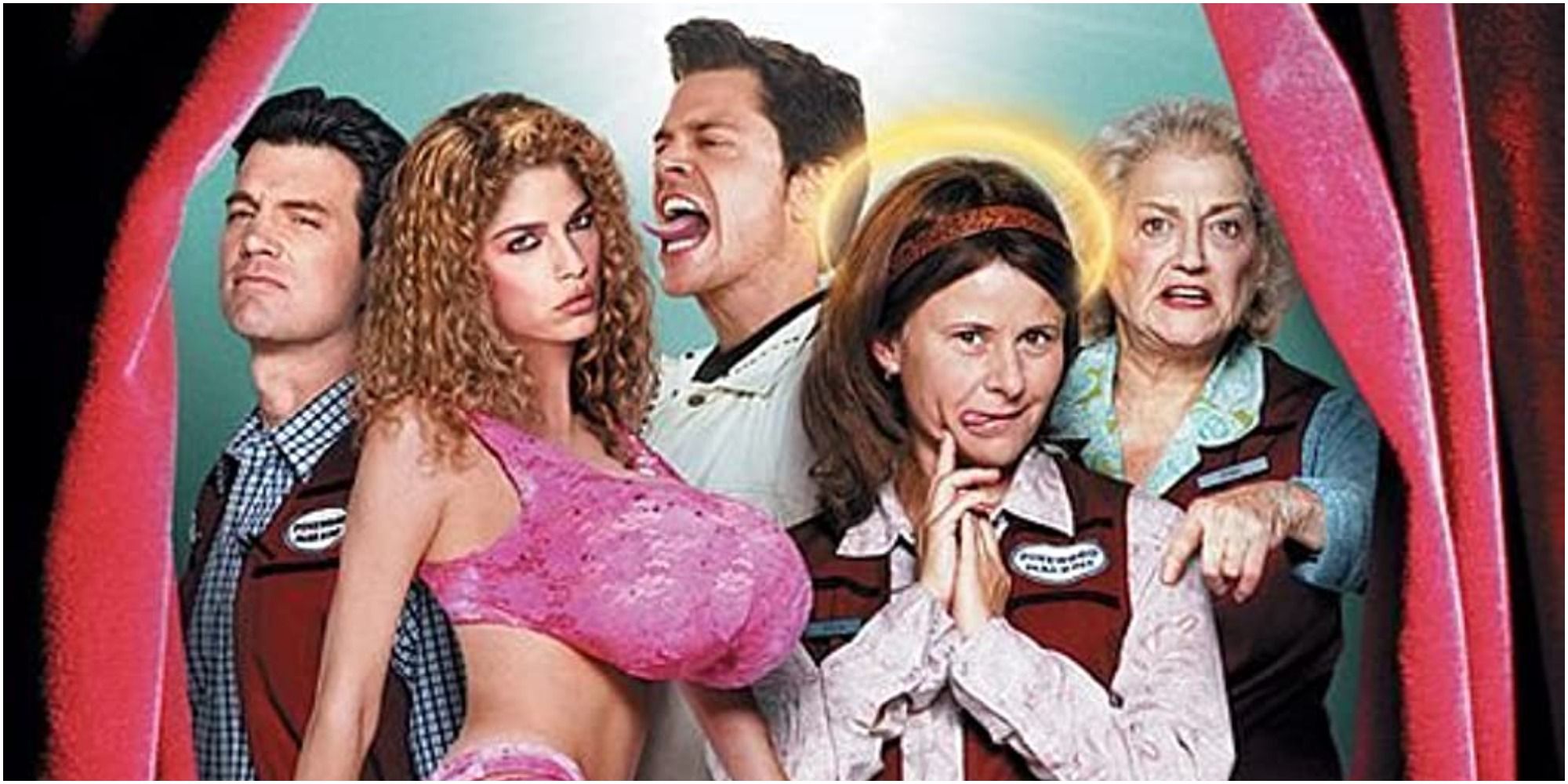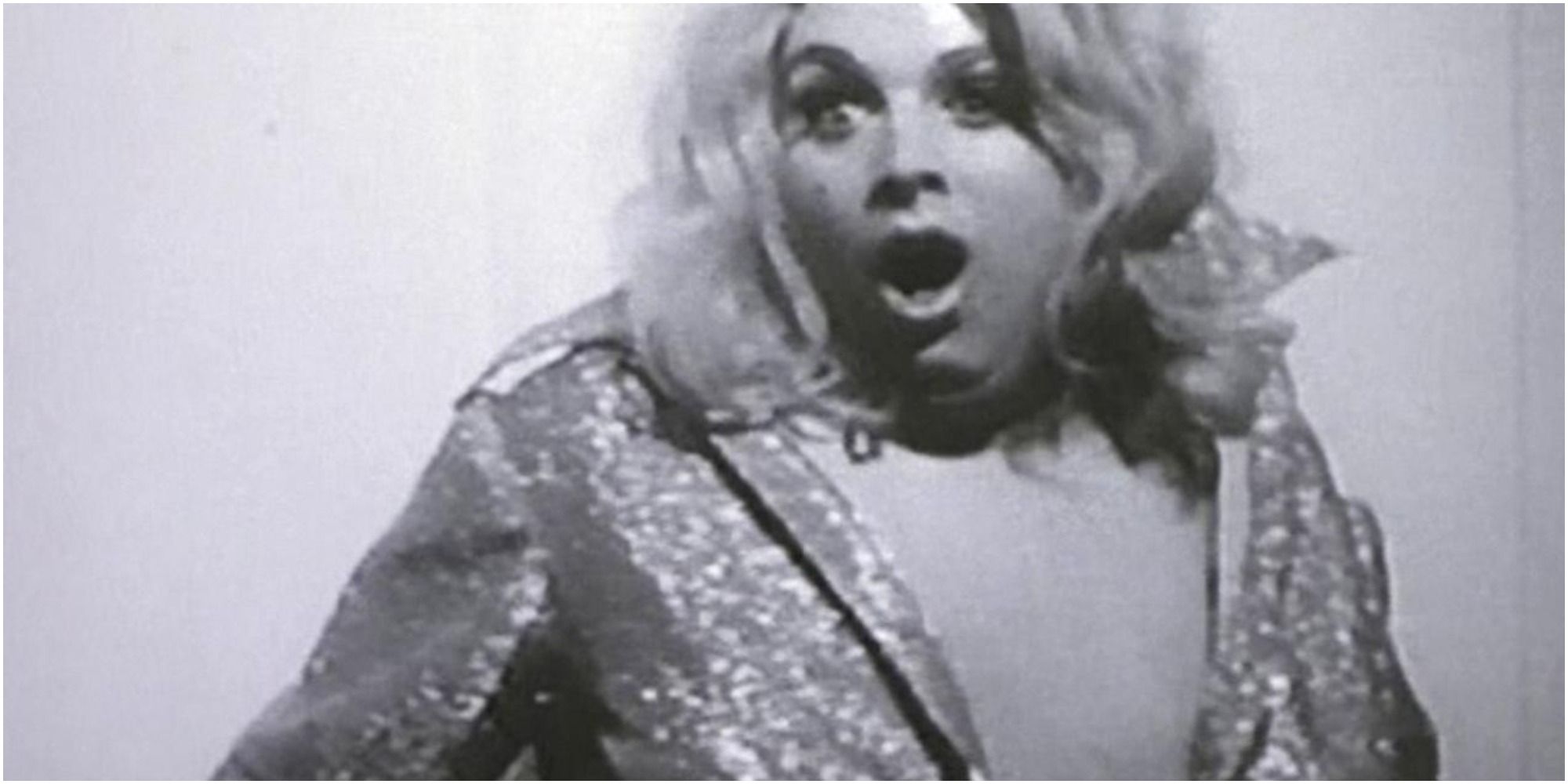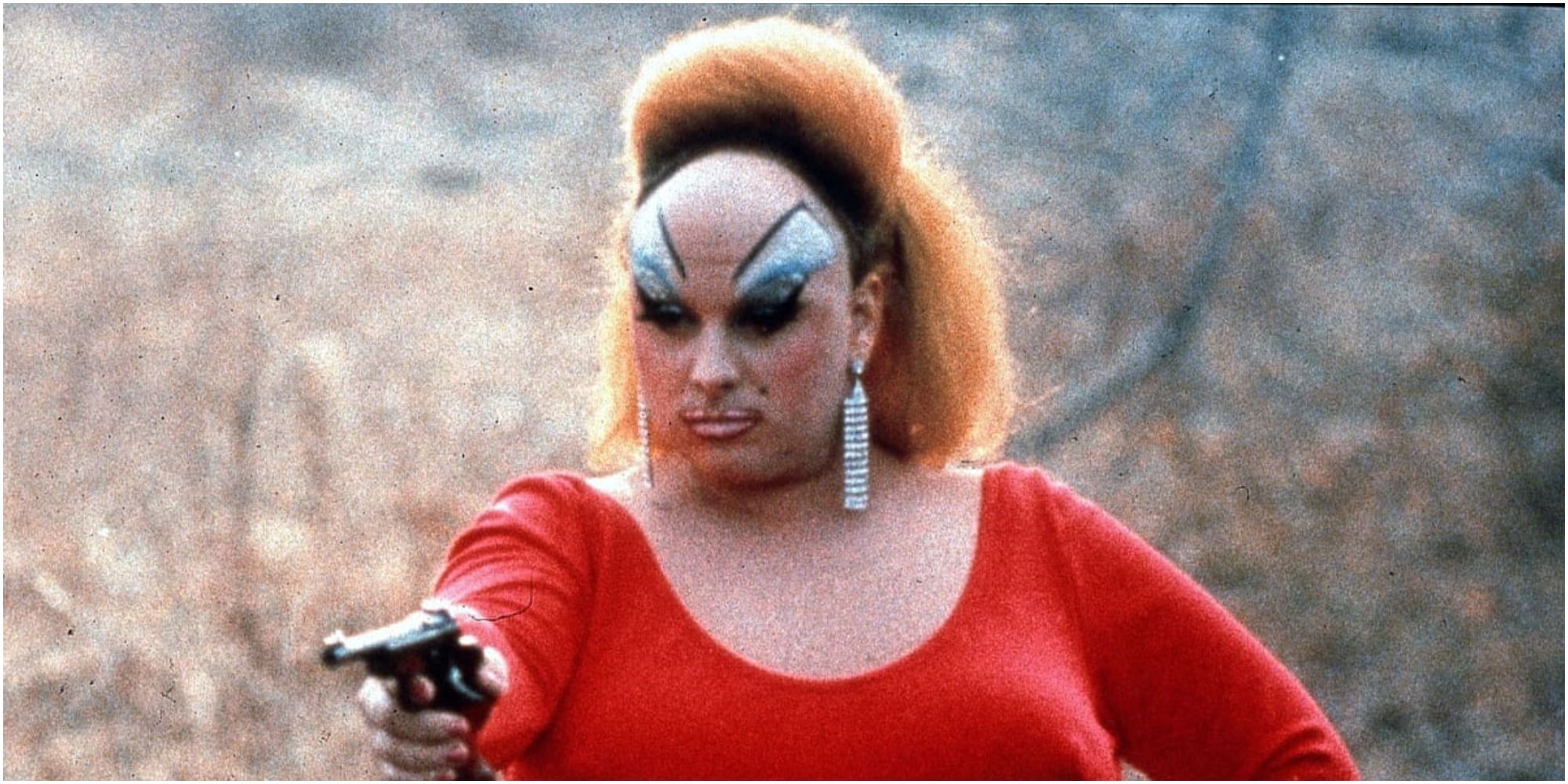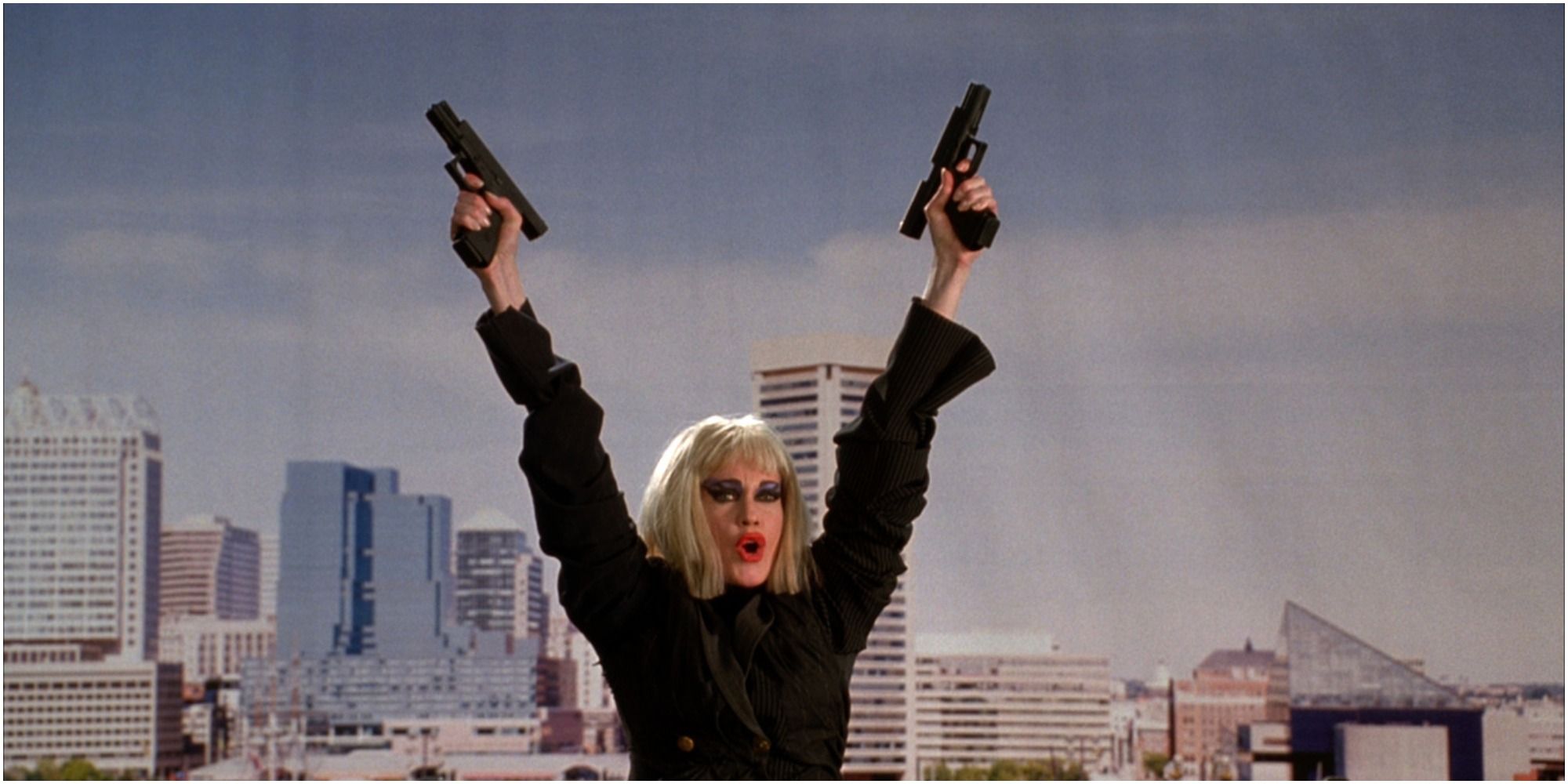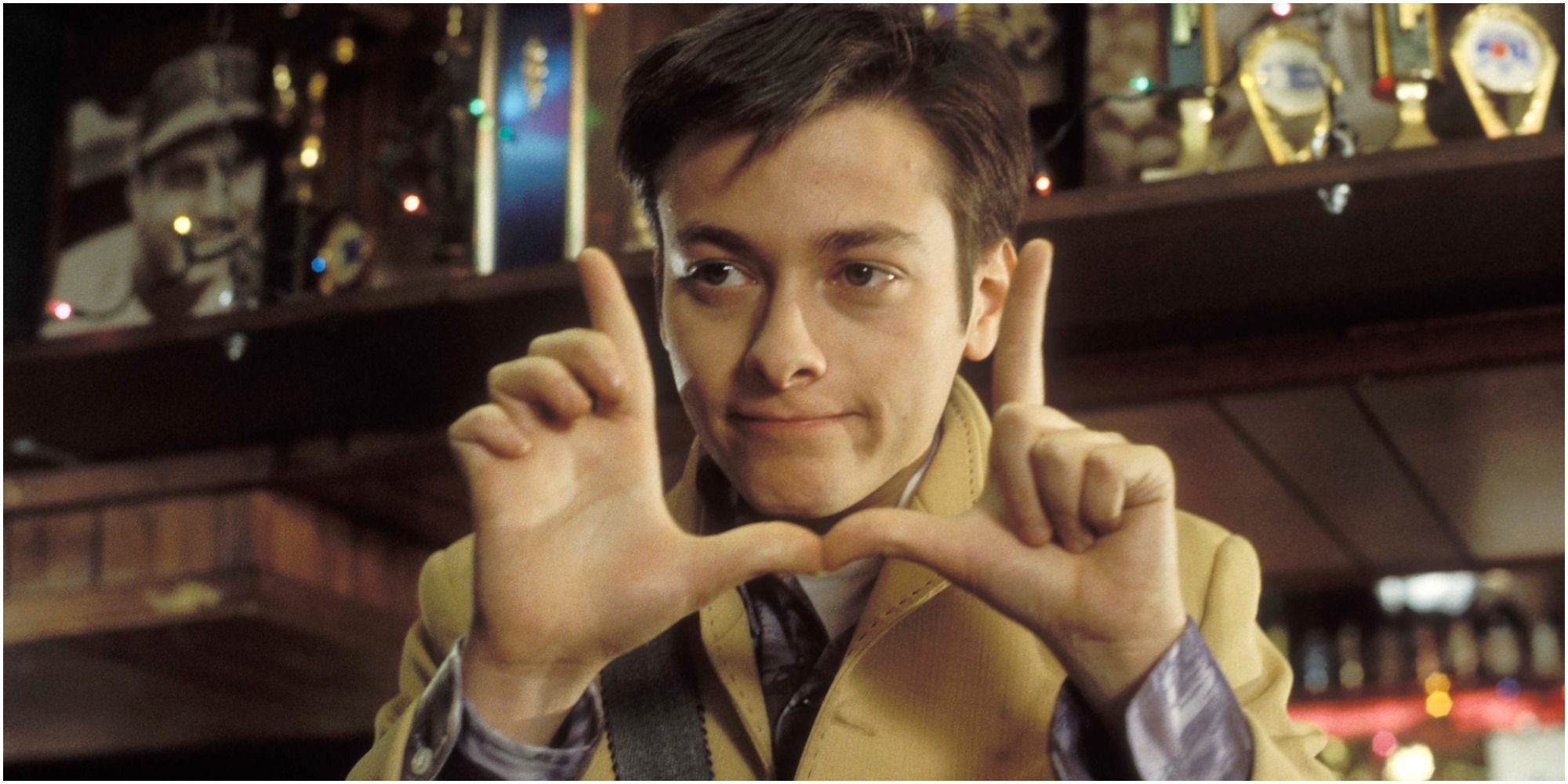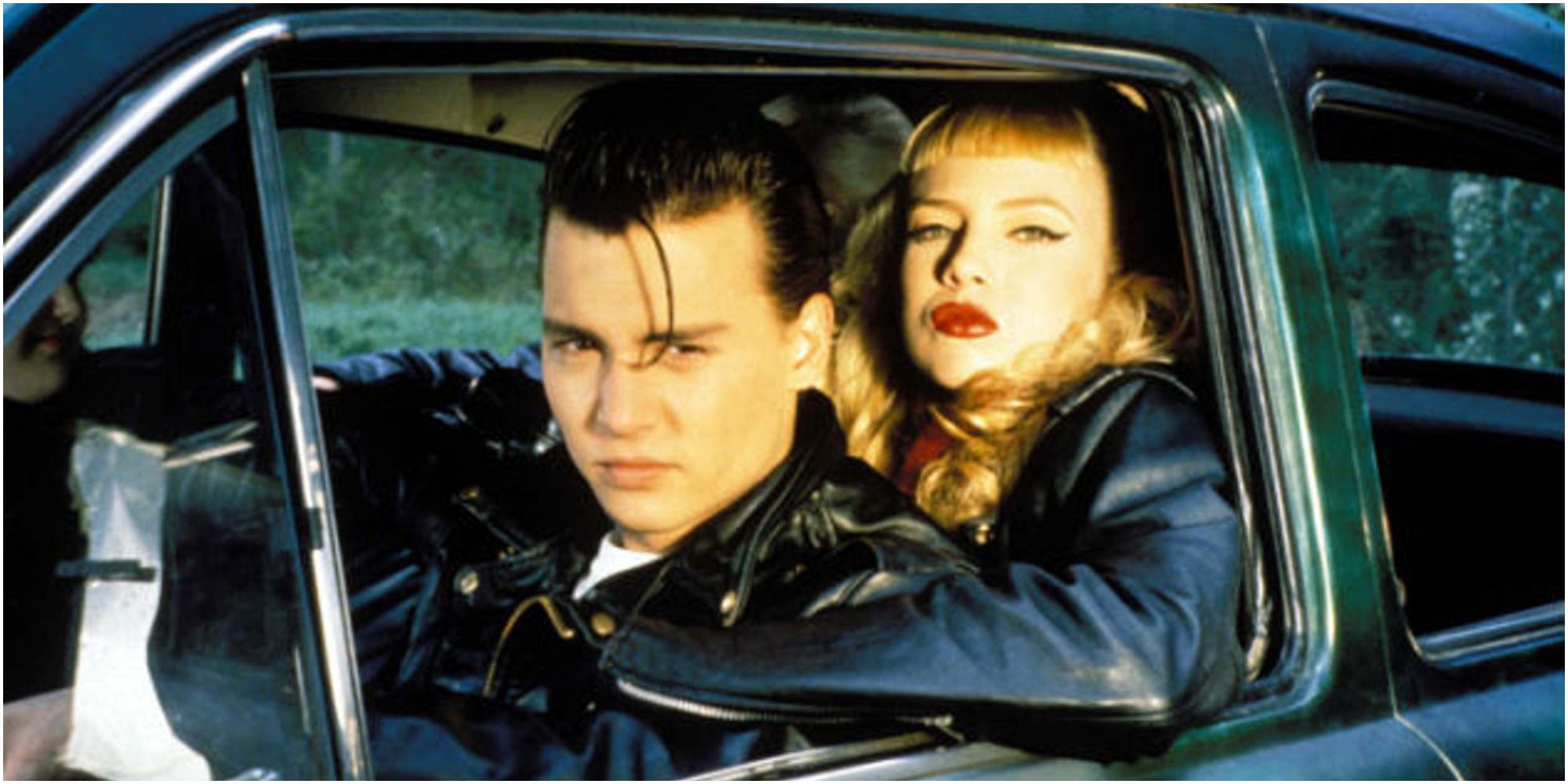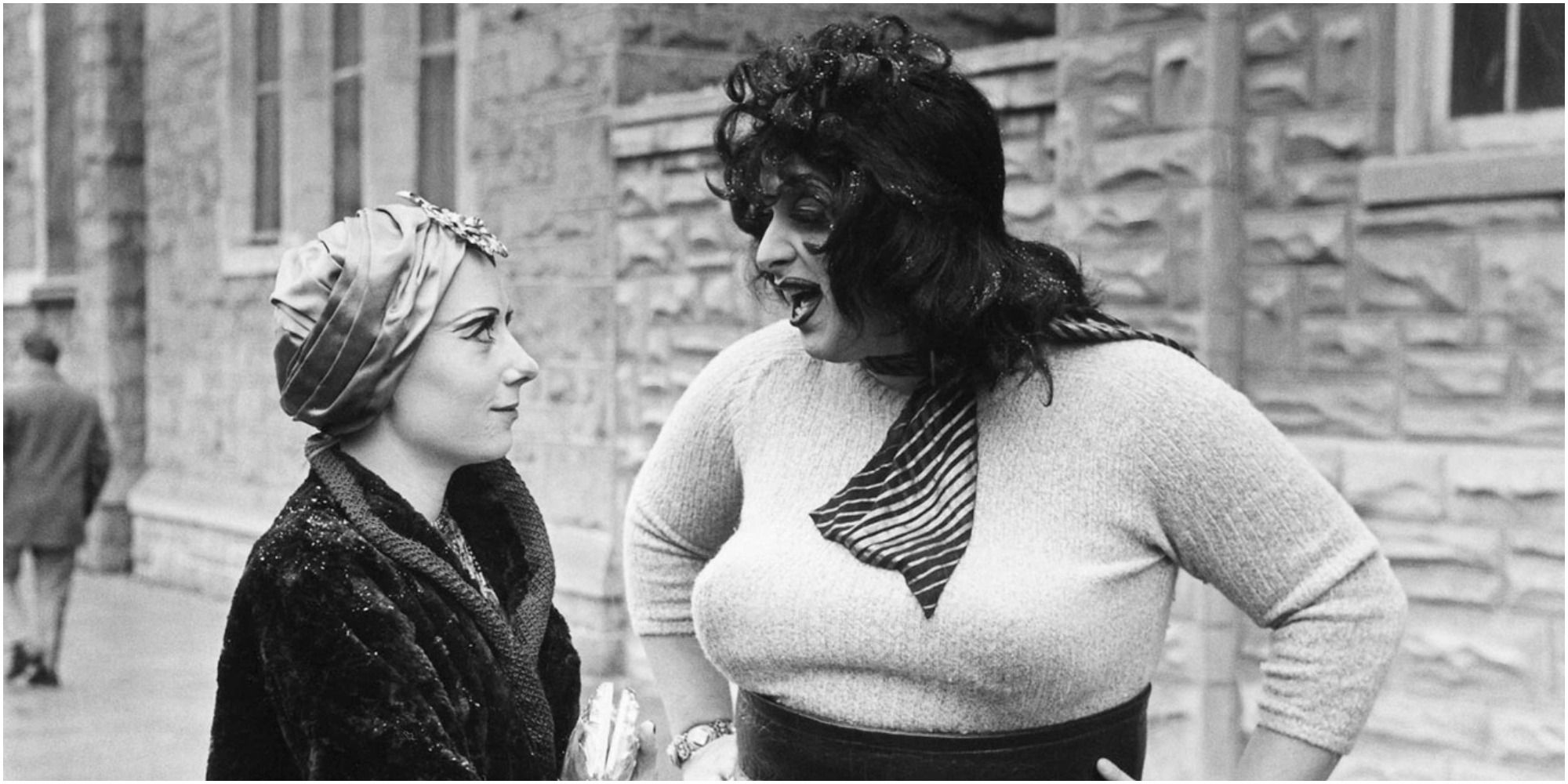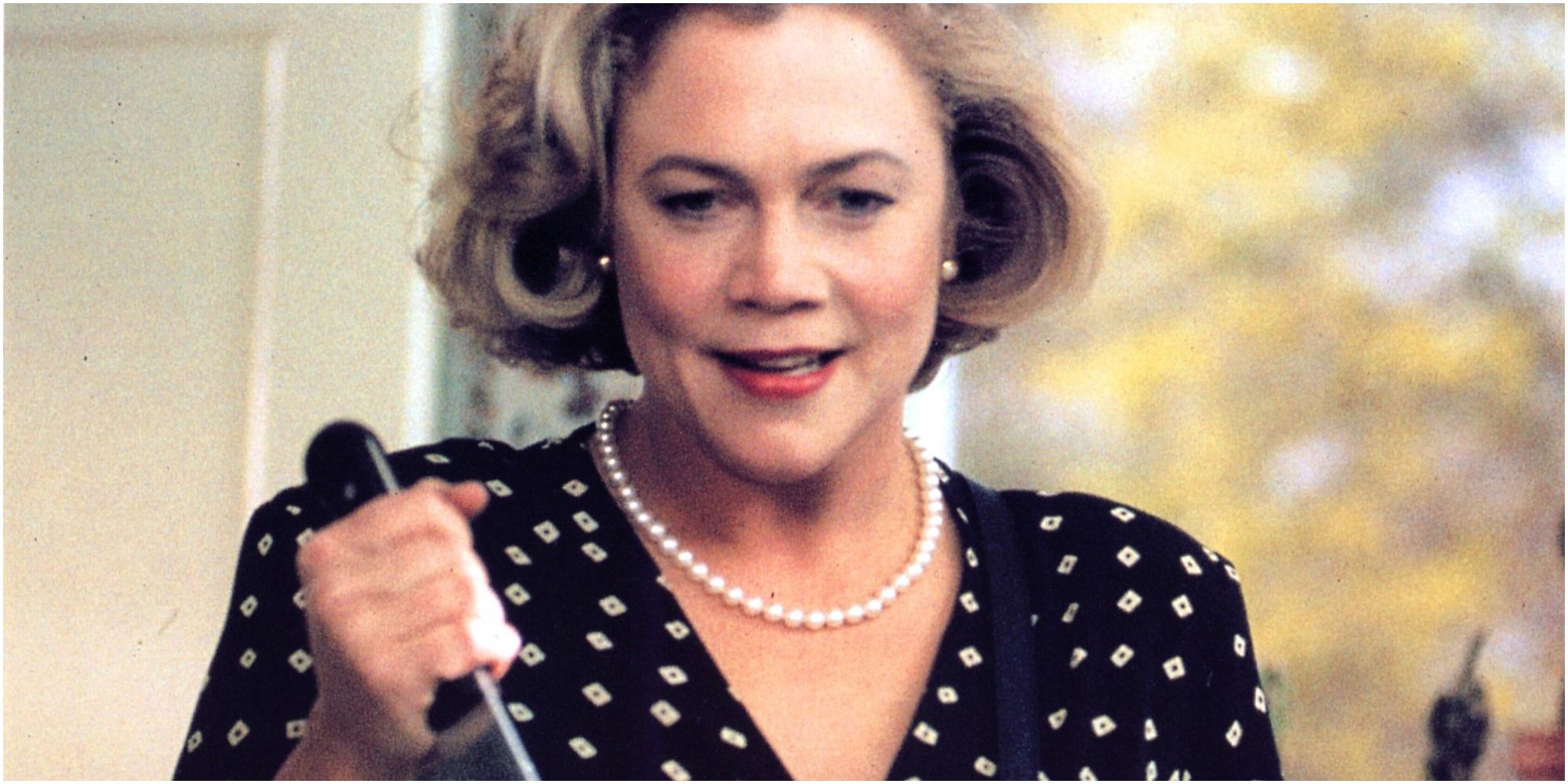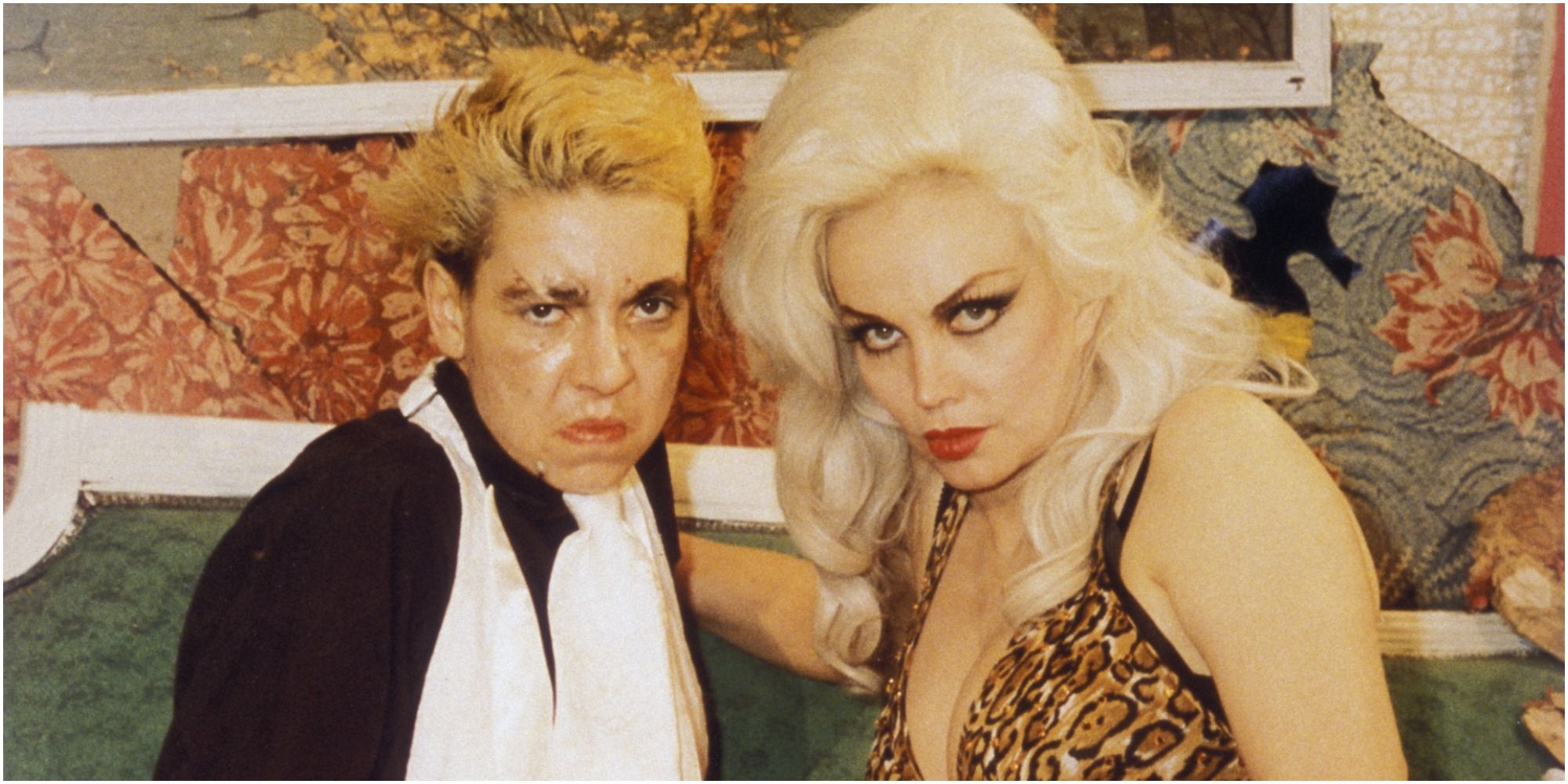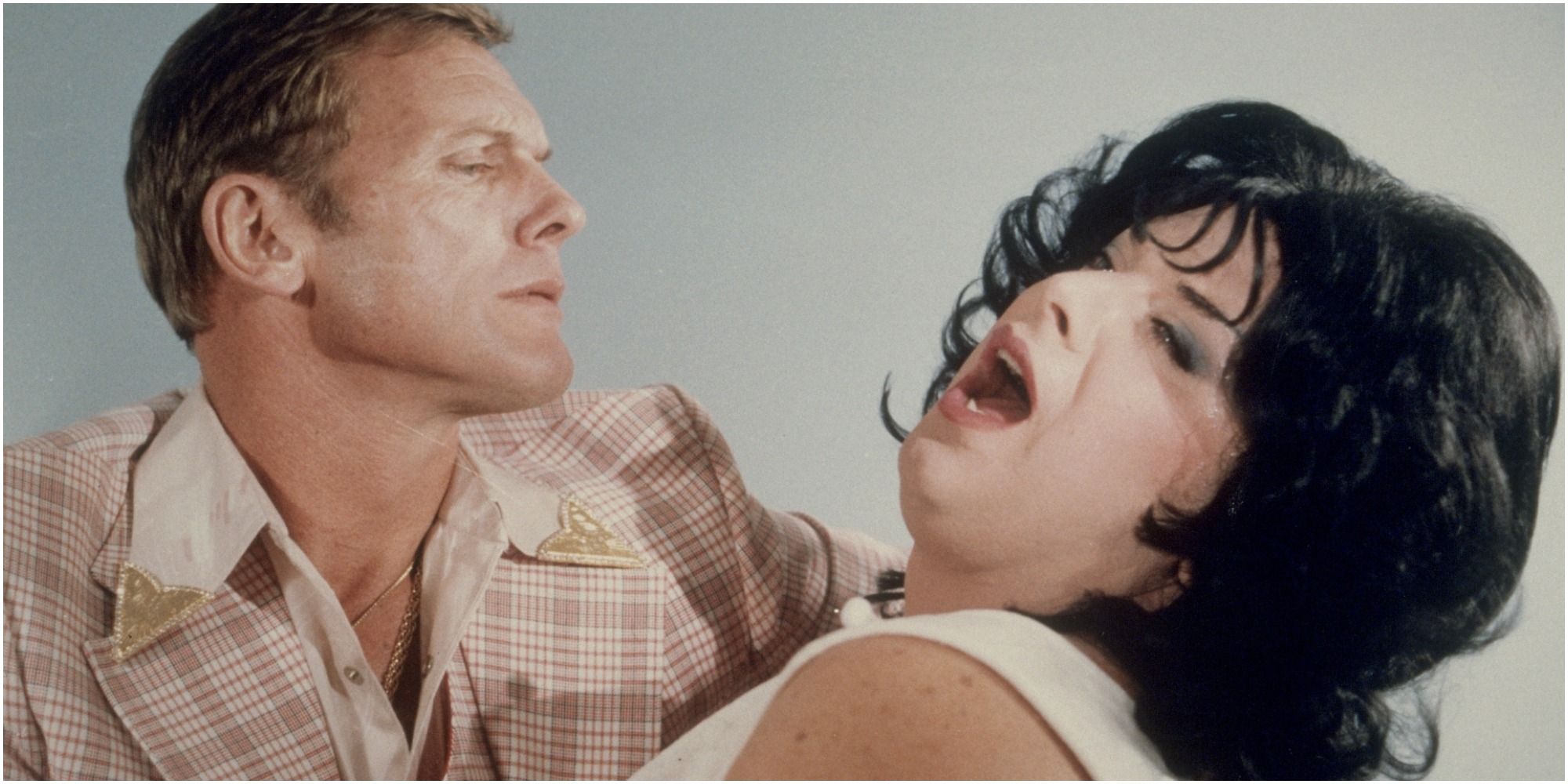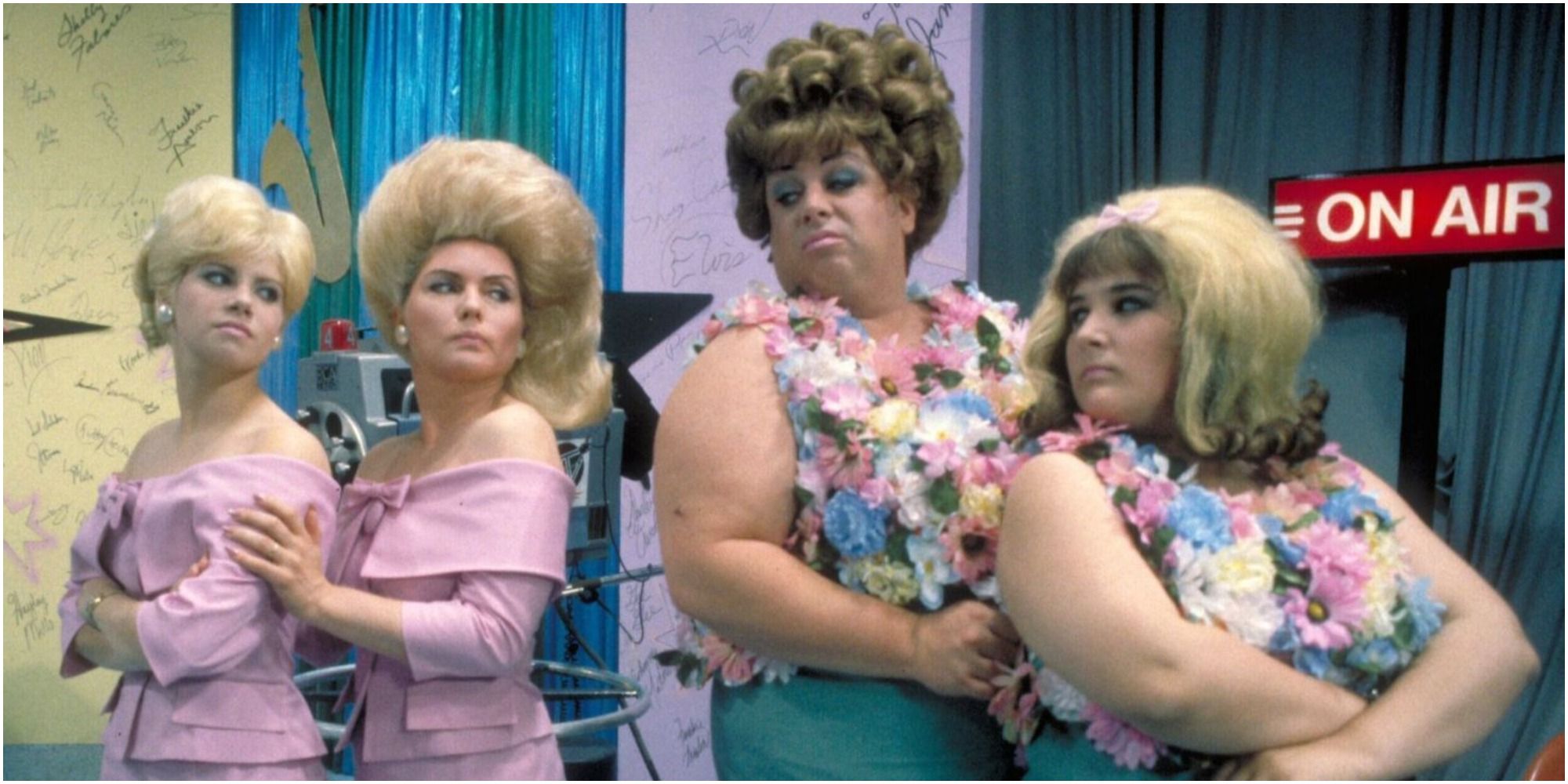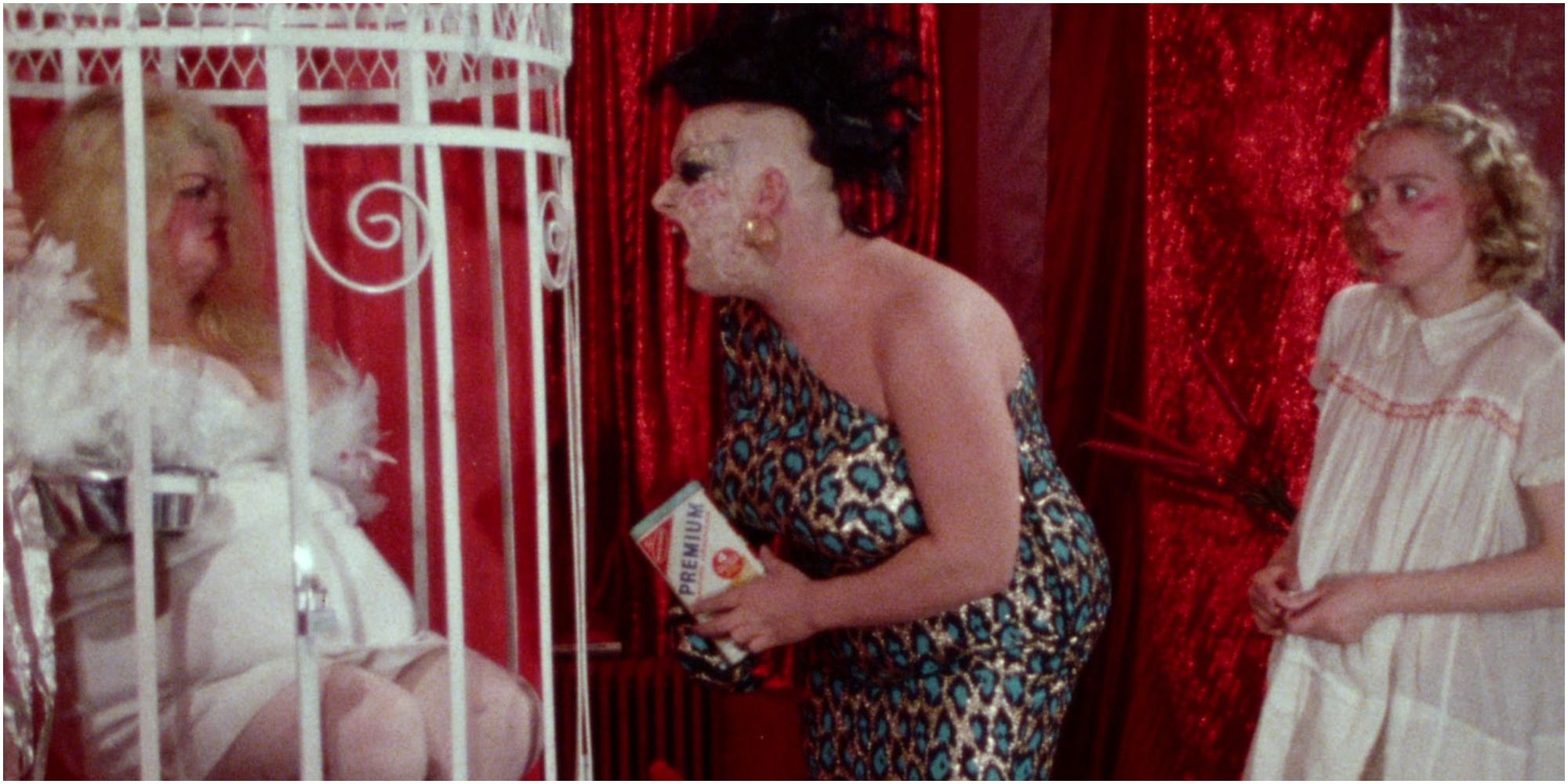In the history of cinema, there has never been a director as trashy as John Waters, and I mean that as the highest compliment. Finding the art in the lowest form of entertainment is his specialty, and he has never had an ounce of shame about it.
In each of his movies, you also see a viscerally queer point of view that could only come from someone as unafraid as Waters. With Pride Month 2022 in full swing, and his beloved masterpiece Pink Flamingos joining the Criterion Collection in June, now is the best time to look back at the career of a gay icon.
‘A Dirty Shame’ (2004) — 5.1/10
John Waters’ A Dirty Shame attempts to merge his signature trashy style with the mainstream gross-out comedy of the 2000s, popularized by movies like American Pie. Unfortunately, it just doesn’t work. What makes Waters’ films work is that they feel edgy. The camerawork is shaky and homemade. They’re movies made by underground rebels. So, when you cast people like Johnny Knoxville and shoot it like a studio comedy, it loses some appeal.
The movie stars the genius Tracey Ullman as Sylvia, a repressed suburban housewife who becomes a sex-crazed maniac after being hit in the head. She then falls in with other perverted Baltimoreans as she feeds into her most carnal instincts. Some of the people she meets are Caprice (Selma Blair), who has enormous breasts, and Ray Ray (Knoxville), a mechanic who also leads people in the ways of sexual exploration. As of now, this is Waters’ final film, and that’s A Dirty Shame.
‘Mondo Trasho’ (1969) — 6.0/10
There aren’t many filmmakers whose first film is their best. It takes time for a director to find their style, harness it, and flesh it out to the point that it becomes theirs. Mondo Trasho was the microbudget shock comedy that introduced John Waters and his band of weirdos, including Divine, Mink Stole, and David Lochary, to the world at large.
Mondo Trasho is pretty loose in its structure and lacks a strong and consistent narrative. Basically, it’s about a hit-and-run, the events leading up to it, and the events afterward. It may sound tame, but keep in mind that it’s a John Waters movie: you can never call it boring. There are plenty of wild swings to keep you entertained, like visions of the Virgin Mary and a crazed foot-fetishist.
‘Pink Flamingos’ (1972) — 6.0/10
Pink Flamingos is generally considered to be John Waters’ masterpiece. It’s not his most expensive movie, his most popular, or the one that broke him into the mainstream, but it is undoubtedly the most John Waters movie John Waters has ever made. The NC-17 film has made quite the cultural impact of being a movie that tests someone’s ability to handle the profane.
Pink Flamingos stars Waters mainstay Divine as herself as she works to defend her title of “The Filthiest Person Alive” against a married couple vying to end her reign. Divine’s family, including Mama Edie, played by the iconic Edith Massey, helps her dive deeper into utter filth. For a movie as beloved as Pink Flamingos, it’s even joining the Criterion Collection, you might be surprised at how low the IMDb score is, but that is the movie’s intention. It’s not a crowd-pleaser, far from it. It’s meant to shock and disgust and make the viewer feel uncomfortable. In that regard, it’s a huge success.
‘Cecil B. Demented’ (2000) — 6.2/10
Everyone has a dream. Something that makes you feel like anything is possible. Cecil B. Demented is about what happens when someone believes so much in themselves that they are willing to do whatever it takes to make their dream a reality.
The film stars Stephen Dorff as the titular Cecil, a renegade indie movie director who kidnaps A-list actress Honey Whitlock (Melanie Griffith) to force her to star in his movie. What better way to stick it to the Hollywood studio system than taking one of their biggest stars and turning her against them. The film is a twisted look at a starving artist’s life made by a director who is perfectly comfortable not selling out to the mainstream.
‘Pecker’ (1998) — 6.3/10
John Waters seems to disdain the restrictions that define what is and is not art. His films push the boundaries of taste in ways not often seen in what most people consider high art. He’s not trying to make big statements about the nature of life; he’s just trying to get a reaction out of you, and who gets to say which one is better? Pecker is his most direct attack on supposed artistic sensibilities.
The film stars Edward Furlong as Pecker, a young photographer whose love for photography comes from taking photos of his belovedly weird Baltimore community. After getting discovered by the highfalutin New York art scene, Pecker loses touch with his roots and betrays the trust of his girlfriend Shelley (Christina Ricci). Strangely, Pecker has an effective sentimentality to it not seen in other Waters films,
‘Cry-Baby’ (1990) — 6.4/10
John Waters has a clear affection for post-World War II America. It was a time when people tried so hard to abide by impossible moral standards: repression subsequently became the norm, and Waters likes breaking down those repressive walls.
Cry-Baby is Waters’ love letter to the 1950s. It stars Johnny Depp as Cry-Baby, a leather jacket-wearing, hair-slicking bad boy who becomes the object of affection of “square” good girl Allison (Amy Locane). In his homage to movies like Grease, Waters plays with the concept of what makes a “good” person and a “bad” person, in the fun sense of the words.
‘Multiple Maniacs’ (1970) — 6.6/10
John Waters is weird (in the best possible sense of the word). It’s pretty apparent watching his movies. Because of this, he is often accompanied by a gang of like-minded individuals called the Dreamlanders who would star in his films, including Divine, Mink Stole, and Edith Massey. In his early work, you can tell that they were all like a strange circus of people who just didn’t fit into mainstream society and didn’t care to either.
There’s some sense of community in Waters’ second movie, Multiple Maniacs. The film focuses on a traveling circus whose sideshow freaks rob the audience members of their valuables. Divine plays Lady Divine, the ringleader and mastermind of the criminally inclined circus who dives deeper and deeper into insanity as her day goes from bad to worse.
‘Serial Mom’ (1994) — 6.8/10
John Waters is obsessed with the darkness hiding behind the colorful facade of the American suburbs. It’s a place where the norm is pretending like you’re a kind, good-natured person even if you’re a perverted serial killer. That concept is best explored in Waters’ horror-comedy, Serial Mom.
The film stars Oscar nominee Kathleen Turner as Mom, a suburban housewife who protects her family from those who seek to harass them very seriously. She begins making obscene prank calls when she believes her neighbors are slighting her family. Things escalate quickly, and when bodies start dropping, the police start sniffing around, much to Mom’s chagrin.
‘Desperate Living’ (1977) — 7.0/10
One thing that John Waters is great at doing is creating a bizarre world full of unhinged outsiders without requiring a budget. His worlds are like the real world but with a twistedly comical perspective that only he could create.
In Desperate Living, a society woman named Peggy Gravel (Mink Stole), along with her maid Grizelda (Jean Hill), murders her husband and goes on the run. After taking refuge in Mortville, a town that protects criminals, they discover that the homeless are ruled by the viscous Queen Carlotta (Edith Massey).
‘Polyester’ (1981) — 7.0/10
Something that is clear from watching the films of John Waters is that he loves all things camp. If it could be described as over-the-top, chances are Waters is a fan. So, it makes sense that Waters adores the classic Hollywood melodrama. In a melodrama, the emotions are high, the performances are extreme, and the stakes tend to be low by modern Hollywood’s world-ending standards.
Waters’ love letter to melodrama is the satirical comedy, Polyester. The film follows a suburban housewife named Francine Fishpaw, played by the extravagant Divine, of course, as she struggles to deal with the revelation that her pornographer husband is cheating on her, her daughter is pregnant, and her son has a foot fetish that causes him to break women’s feet. Polyester was released in a special format called Odorama, which included scratch and sniff cards that enhanced the experience of watching this wild trip of a movie.
‘Hairspray’ (1988) — 7.0/10
Undeniably the most mainstream movie he has ever made, Hairspray still has some of that John Waters flair we know and love. The difference between this and his other work is that Hairspray isn’t trying to shock and repulse the audience. Instead, it wants to speak to the audience about acceptance through a celebration of differences. It’s a joyous romp full of iconic numbers and a potent dose of Waters weirdness.
Hairspray takes place in Baltimore during the early 1960s. It’s a tumultuous time for the city as racial integration is causing controversy amongst the deceptively sweet community. When Tracy (Ricki Lake), a larger-built white girl, follows her dream of dancing on the local TV show, The Corny Collins Dance Show, she uses her platform to fight for integration and racial equality. With the support of her mother Edna, iconically portrayed in drag by Waters’ muse Divine, Tracy takes on the bigots of Baltimore, determined to fight for what’s right.
‘Female Trouble’ (1974) — 7.1/10
Female Trouble accomplished something incredibly difficult. It balanced feeling like a full-on John Waters movie while at the same time having a clearer narrative compared to his early work. That’s why it’s his best-rated film on IMDb. It has everything you want out of a John Waters movie without going so far that it repulses a large section of the audience.
Female Trouble stars Divine (of course) as Dawn Davenport, a schoolgirl who runs away from home after her parents refuse to buy her cha-cha heels for Christmas. A quick descent into a life of crime follows as Dawn becomes more and more viscous, going from sweet schoolgirl to mass murderer. Female Trouble is a wacky, bizarre descent into filth and trash, as only John Waters could make.
















































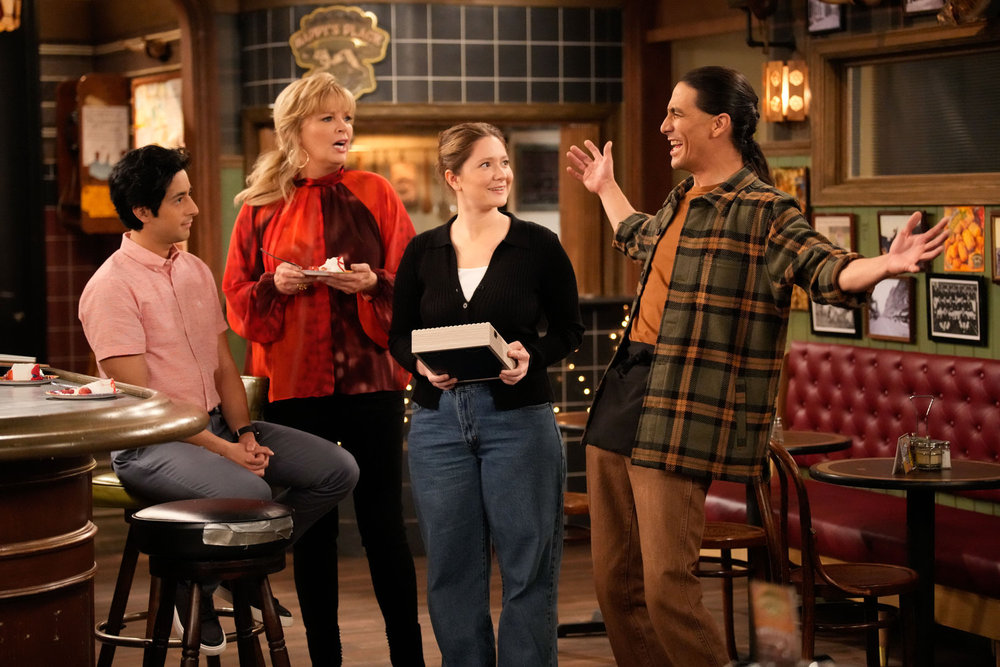






![5 Ways to Improve Your LinkedIn Marketing Efforts in 2025 [Infographic] 5 Ways to Improve Your LinkedIn Marketing Efforts in 2025 [Infographic]](https://imgproxy.divecdn.com/Hv-m77iIkXSAtB3IEwA3XAuouMwkZApIeDGDnLy5Yhs/g:ce/rs:fit:770:435/Z3M6Ly9kaXZlc2l0ZS1zdG9yYWdlL2RpdmVpbWFnZS9saW5rZWRpbl9zdHJhdGVneV9pbmZvMi5wbmc=.webp)





